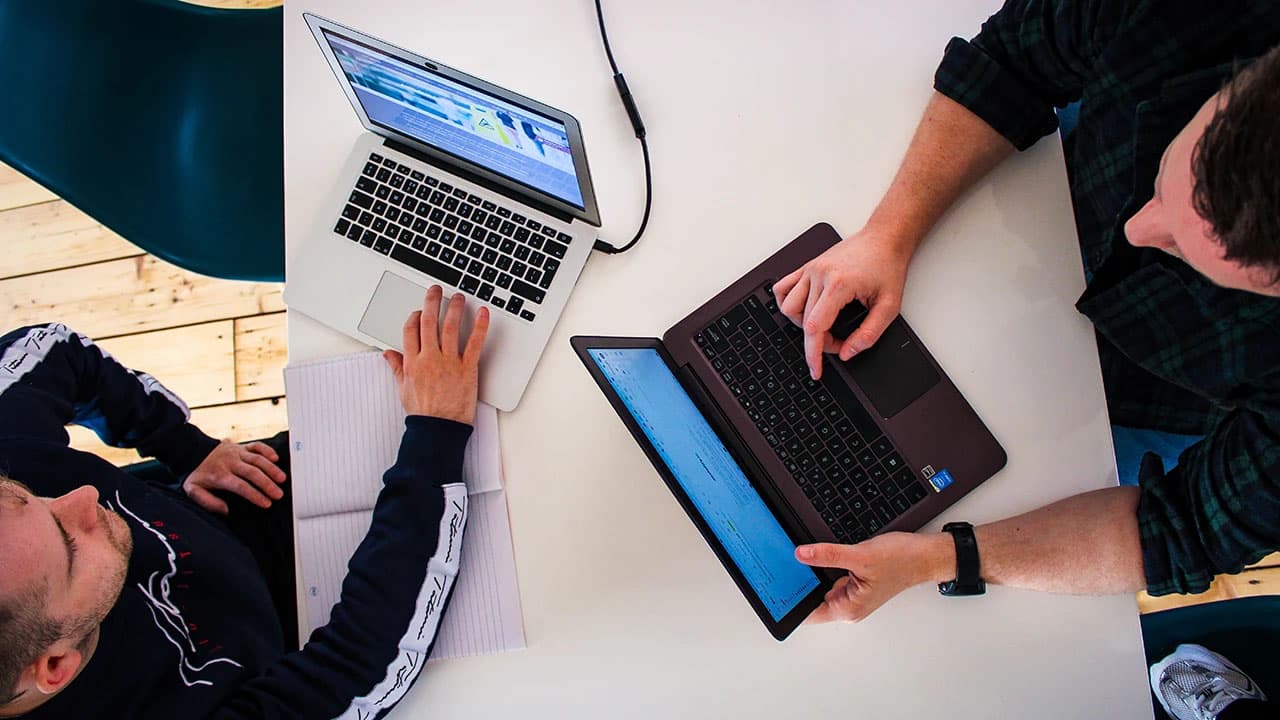The Importance of Phone Etiquette
In modern communication, our phones have become essential tools. They connect us to family, coworkers, and the world. Yet, the art of phone etiquette is often overlooked. This article highlights the significance of phone etiquette and its role in effective communication.
Phone etiquette comprises respectful behaviors in telecommunications. It reflects professionalism and personal respect. Whether texting, calling, or video conferencing, following simple guidelines enhances the experience for everyone involved. Here are some key guidelines.
Always Introduce Yourself
A brief introduction is important. When calling someone who may not recognize your number, saying "Hello, this is [Your Name] from [Company or Relation]" helps set a positive tone.
Know the Good Times to Call
Timing is crucial. Avoid calling late at night or during early morning hours, unless it’s an emergency. Stick to normal waking hours and refrain from calling during meal times.
Pay Attention to Voicemail
Voicemail is essential for communication. When leaving a message, be clear and concise. Mention the purpose of your call and always leave your number for easy reference.
Listen as Much as You Speak
A conversation should involve both parties. Make sure to give the other person time to speak. This encourages a smooth exchange of ideas and prevents one-sided discussions.
Mind Your Surroundings
Choose your environment wisely. Avoid taking calls in quiet places like libraries or theaters. If you're in a noisy area, let the call go to voicemail or step outside to talk.
Use Polite Language
Courtesy matters. Using "please" and "thank you" can enhance your conversations. Avoid slang and jargon unless you know the person is familiar with them.
Texting with Tact
Texting is convenient but has its rules. Don’t text late at night or early in the morning. Be mindful of tone, as texts can often be misinterpreted. Use emojis sparingly in professional messages.
Professional Calls Deserve Professional Settings
For business calls or video conferences, choose a quiet space free from distractions. Dress appropriately, and ensure your background is tidy and professional.
Respect Privacy and Confidentiality
Be cautious with sensitive information. Calls can be overheard, and speakerphones can broadcast conversations. Avoid sharing private details unless you are sure it’s safe.
The Call Is Ended Politely
Conclude your calls with courtesy. End with "Thank you for your time," or "It was nice speaking with you," followed by a polite goodbye. This helps create a positive impression.
Good phone etiquette is easy to practice and significantly improves personal and professional relationships. It shows respect for the person on the other end of the line and values the conversation.












